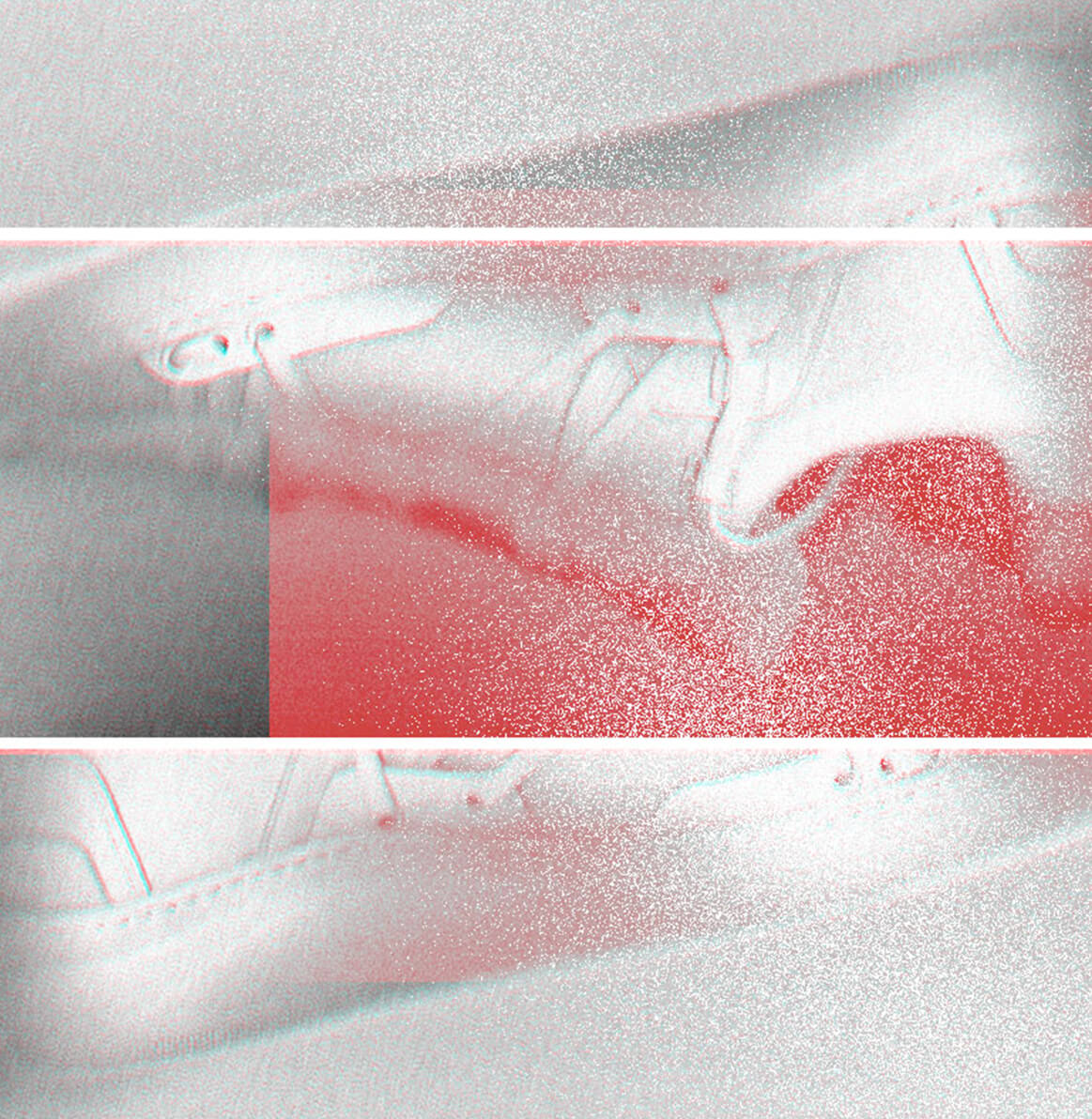Fresh New Kicks
Streetwear and sustainability are two of the hottest buzzwords in fashion right now. New French brand Igwe combines both, creating a high-quality sneaker that is environmentally-friendly in terms of materials and production—without forsaking the essential tenet of any fashion label: design.

The Specimen Igwe SS19
Approximately 13 million tonnes of textile waste are produced annually, according to the American Government. The traditional fashion cycle—a total of four collections: summer and winter, ready-to-wear and haute couture—has multiplied and mutated into an unfathomably wasteful spiral of consumption and waste. The rise of the so-called “fast fashion” brands is primarily to blame: cheap labour and ultra-rapid supply chains mean that even people of modest means can live like 20th-century élites, snapping up whole collections of relatively fashionable garments that they wear for one season—at most—before sending them to the landfill or the charity shop.
Samuel Baruch of the up-and-coming sustainable trainer label Igwe is extremely preoccupied with limiting the waste and pollution associated with our collective obsession with consumerist pleasures. His brand is a study in ingenious sustainability in the service of high design.
Igwe’s DNA consists of one strand high-concept design (a fusion of African and Asian sensibilities) and one strand of rigorously thought-out sustainability.
Baruch takes the example of chromium—without which one can’t make white leather. Chromium is a bio-accumulative toxin—which means that the body absorbs it more quickly than it is excreted, resulting in the slow but steady intoxication of tannery workers and their environments. Chromium-tainted waste is ruinous to aquatic habitats and is linked to birth defects, respiratory illnesses and infertility, and destruction of delicate food chains.
That’s where Igwe comes in: its white leather is extremely low-chromium. It’s not a silver-bullet solution, Baruch admits, but it’s a vast improvement on previous options. Chromium is by far the worst offender in the rogues’ gallery of tannery-related toxins. Limiting its use protects every person and creature with a relation to the product, from the workers all the way to the end consumer.
The company’s goal is to create a carbon neutral trainer, notably through Baruch’s partnership with PimPamPost, an international parcel delivery service that describes its operations as: “reduc(ing) the carbon footprint of parcel transportation and improv(ing) the delivery experience for individuals, e-commerce professionals and their customers”” by offering travellers with little luggage the opportunity to take advantage of the free space left, to carry a little pack and cover part of their travelling costs.
Says Baruch: “The whole supply chain is nearly CO2-neutral. We use empty space in buses to transport our supplies. The rubber comes from South America but the soles are made in Portugal. Ninety-nine per cent of the shoe comes from Europe and it can be entirely recycled. And when you’re done with your shoes you can send them back to us.”
What happens then?
“When the shoes are returned, I send them back to the factory. They put the shoes (in batches of 100 pairs) into a machine that grinds them up into a paste which can be turned into a new material which can be used for a new model.”
What about the enigmatic name? “My partner is from the Central African Republic. We had been brainstorming for a name and finding nothing. I was getting really annoyed and she told me, ‘You know, Samuel, in Central African Republic we can say Igwe, which means “let’s go.”
Igwe’s first model is The Specimen: totally white with two red accents. The leather is almost entirely chromium-free, the sole is made of a mix of recycled and natural rubber and the style of the shoe is a mix between African and Asian: minimalistic but with laces that come down over sides.
“My inspiration comes from graphic design. In the beginning, I worked in graphic design and then I switched to product design in footwear. I still love everything 2D. I love taking inspiration from 2D and making it 3D. I love sneakers. I love shoes. I started with women’s shoes—but now I’m doing only trainers.”
What about people who say that no consumer product can ever be 100% sustainable?
“I agree with them. I know bringing something new to the market can’t be fully sustainable. But I really want to change things and to show that everything in the supply chain can be cleaner. And that’s not what a lot of other brands are doing. Even my business cards are made of recycled t-shirts.”
And where does he see Igwe in five years?
“I always wanted to create my own lab devoted to the development of materials and concepts in sneaker making,” he starts, before returning to the vexing inevitability of chromium in white leather: “Even low-chrome leather needs about 1% chrome. I’ve always wanted to create a lab that would find a solution to exactly this sort of question. Maybe in five or ten years I’ll have my own lab, developing my own materials, colours, concepts.”
Igwe’s near-religious embrace of a rational, practical approach to sustainability is the perfect antidote to the relentlessly bleak news of environmental degradation, rollback of ecological protections and the vulgar spectacle of late-capitalist consumer hedonism. Samuel Baruch’s thoughtful supply-chain scrutiny creates a product that is beautiful and pure in both its appearance and its creation.